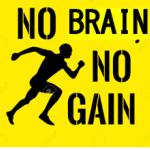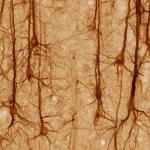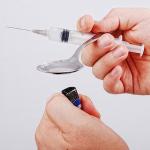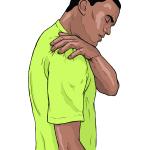Yesterday a settlement was announced between several states and the pharmaceutical distributors McKesson, Cardin
addiction
As a surgeon and woodworker, I have always found sustenance in using my hands. I think it touches, for me and many others, on a primal need to literally embody our feelings.
Despite a decade of indisputable evidence that we are not having an "opioid crisis." but rather a "heroin/fentanyl crisis" you might think that people might start to figure this out and act accordingly.
As everyone knows, local and state governments are suing the pharmaceutical companies purportedly so that the epidemic these companies started can be finally ended, Also, the companies will have to pay for past damages done and – most of all
Addiction is a complex phenomenon. Genetic, physiological, cultural, and socioeconomic factors all appear to play a role.
SPOILER ALERT: A key theme in the movie will be revealed in this article.
As my co-worker handed me an advertisement addressed to me, she said “I know you are going to throw it out, but that’s your call” while we laughed in unison at my historical lack of guile given the circumstance.
The iconic movie remake of A Star Is Born, starring Bradley Cooper and Lady Gaga among other notables, strikes a chord as it genuinely and accurately captures the reverberating heartache associated with addiction, depression, anxiety and
A new report published in BMJ Journal: Injury Prevention opts to reframe how we interpret data on preventable, premature deaths by using an “en












